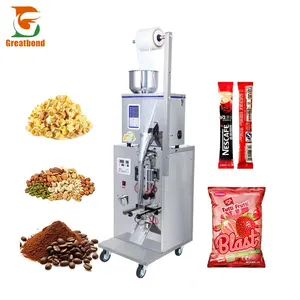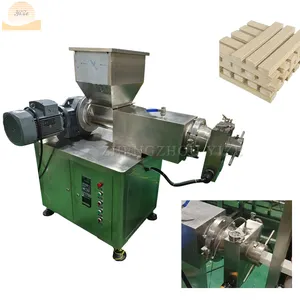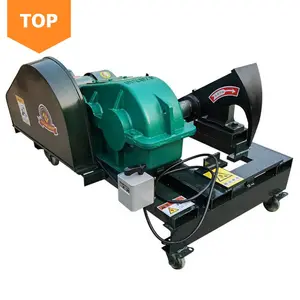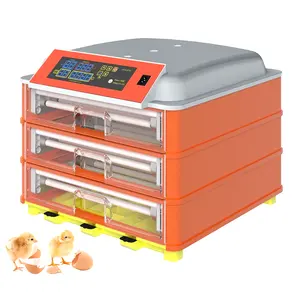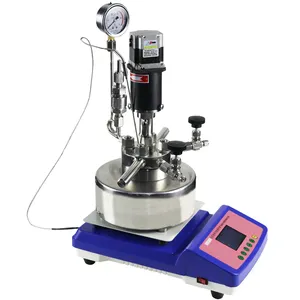Popular in your industry















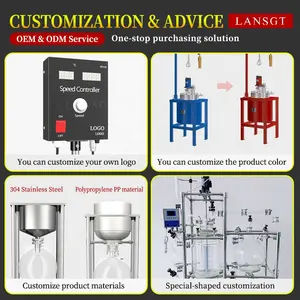















































Related Searches:































































































































Top categories
About high pressure autoclave reactor
In the realm of chemical and material processing, the high-pressure autoclave reactor stands as an indispensable apparatus. The reactor is a sealed vessel utilized to perform various chemical reactions under high pressure. The high-pressure environment is crucial for several applications, including hydrothermal synthesis, polymerization, and catalysis, where elevated pressures lead to altered reaction kinetics and distinct product outcomes.
Types of high-pressure autoclave reactors
High-pressure autoclave reactors are designed for specific purposes and vary in structural configurations, pressure capacities, and operational features. One common type is the stainless steel autoclave reactor, favored for its durability and resistance to corrosion. These reactors are suitable for a wide range of chemical processes, including those requiring high temperatures and corrosive chemicals. Another specialized variant is the high-pressure hydrothermal autoclave reactor, engineered for applications such as the synthesis of nanomaterials, where the combination of high pressure and temperature in a water-based environment is critical. Additionally, for laboratory-scale operations, high-pressure stirred lab autoclaves offer precise control over reaction conditions and are often used in research and development settings.
Materials
The construction materials of high-pressure autoclave reactors play a pivotal role in their performance and applicability across different industries. Stainless steel, known for its robustness and resistance to corrosion, is a prevalent choice for these reactors. The use of high-quality stainless steel ensures the vessel can withstand the demanding conditions of high pressure and corrosive reactants, making it a reliable option for diverse chemical processes. In some cases, reactors may feature specialized alloys to enhance specific properties, such as increased resistance to particular chemicals or higher temperature stability. These material considerations are crucial for ensuring the safety, longevity, and effectiveness of the autoclave reactors in various high-pressure applications.
Applications
The high-pressure autoclave reactor finds extensive application in industries where controlled high-pressure conditions are essential for chemical processes. In the pharmaceutical sector, high-pressure reactors are utilized in the synthesis of active pharmaceutical ingredients (APIs) and the development of new drug compounds. The ability to precisely control pressure and temperature plays a vital role in ensuring the quality and consistency of pharmaceutical products. Additionally, in the petrochemical industry, high-pressure reactors are instrumental in processes such as hydrogenation and polymer production, where elevated pressures are required to drive specific chemical reactions. Moreover, in the field of materials science, high-pressure autoclave reactors are employed for the synthesis of advanced materials, including nanoparticles, quantum dots, and high-performance polymers. The controlled pressure and temperature conditions within the reactor facilitate the precise engineering of material properties, leading to innovations in areas such as electronics, catalysis, and energy storage. High-pressure autoclave reactors also play a crucial role in the development of sustainable energy technologies. In the realm of biofuels and biomass conversion, these reactors are utilized to carry out high-pressure reactions that help in the efficient processing of renewable feedstocks. Additionally, in the field of carbon capture and utilization, high-pressure reactors are employed for the conversion of carbon dioxide into value-added products, contributing to efforts in mitigating greenhouse gas emissions.
